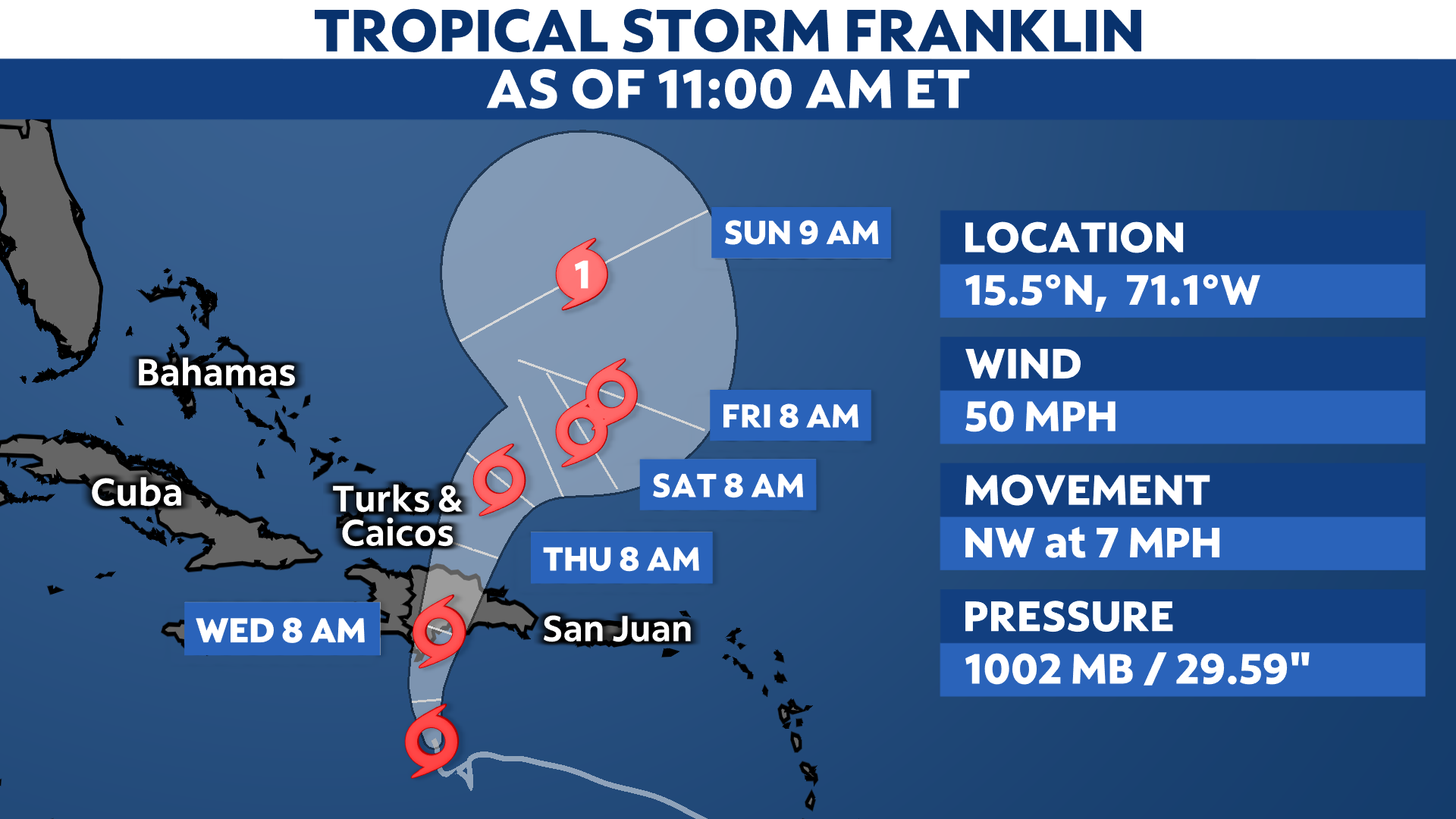DAYTON, Ohio — According to childbirth experts at Kettering Health in Dayton, about 97% of mothers are able to breastfeed, but many might be unware of the benefits to follow.
To encourage new moms to breastfeed, major figures, including Rhianna and Tia Mowery, kicked off National Breastfeeding Month by sharing their personal stories on social media.
Hospitals like Kettering Health are making sure all new moms have the resources they need to be successful.
The American Academy of Pediatrics recommends exclusive breastfeeding for at least six months and then a mix of food and breast milk until they’re approximately two years old. Experts say there are several health benefits for both mom and baby.
Moms are less at risk for osteoporosis, diabetes, ovarian cancer and heart disease, but there are even more benefits for the baby, including:
- Lower risk for asthma and allergies
- Fewer digestive and immune problems
- Decreased common sicknesseses, like ear infection
- Less chance of childhood obesity and diabetes
- Lower risk of sudden infant death syndrome
The Centers for Disease Control and Prevention estimates the country’s low breastfeeding rate has resulted in about $3 billion a year in extra medical costs.
Parents should start a breastfeeding plan long before the baby even arrives, according to Michelle Beebe, a childbirth-education expert at Kettering Health.
“Doing some pre-work for you makes a big difference,” she said. “You don’t have to do that in person. We have online learning platforms. We have telehealth partners, and that really helps with framing expectations so that a mom goes, ‘Oh, this isn’t going well for me.’ A lot of times people give up before they even get started, and a lot of times it’s because they don’t even know what to expect. They think it’s just an automatic thing. Babies are just going to pop on and it’s all going to be perfect, and it doesn’t always work that way.”
According to the American Academy of Pediatrics, only about 3% of women cannot breastfeed due to health issues. While the majority of moms do have the option to breastfeed, everyone’s journey is different.
There are many reasons why a mom might struggle to breastfeed including exhaustion, the baby having trouble latching, or an unpredictable milk supply, Beebe said.
While moms are the only ones who can breastfeed, it takes a village to make sure she has the tools she needs for her and baby to be successful, she said.
“The village is supportive and the village can remove barriers,” Beebe said. “They can let mom nap, be free, do household chores, get her drinks, get her snacks, and pull off some of the stress. Let the baby be skin to skin.”
Ohio has a statewide breastfeeding hotline moms can call 24/7 to get help if a baby is struggling to latch or if milk seems unusual in color, smell, etc.
The hotline is staffed with medical professionals who can provide guidance over the phone and connect with mothers with resources in their immediate area. Call the hotline at 888-588-3423.




